
Losing 50 pounds made a world of difference for an engaging teenager named Jack.
He can bike. He can swim. He can even leave his wheelchair in the dust.
Best of all, Jack’s fingers are nimble enough to play with his beloved Legos.
A simple, but powerful new approach guides the University of Minnesota’s Center for Pediatric Obesity Medicine:
What Jack and patients like him battle isn’t a character flaw, as conventional wisdom would have us believe. It’s a disease.
The Center’s mission, as a result, is two fold: Help families with a problem that sidelines one in five kids and develop even more effective solutions.
The power of early intervention, like it is with all diseases, makes the work all the more urgent. The Center hopes to not only stave off physical problems, but equally damaging psychological ones.
Says Dr. Aaron Kelly, who co-directs the Center with Dr. Claudia Fox: “When obesity is considered a disease, the onus is on us, as researchers, as medical care providers, to provide you and your kids with the help you need.”

Obesity, the doctors say, is a complicated disorder, with multiple biologic and environmental factors at play.
Dr. Fox, a clinician who works with Jack, explains that our bodies seem to have a “set point.” For those of us who struggle with weight, it’s too high and no matter how much willpower we muster, our bodies fight to return to that setting.
Dr. Kelly, a researcher whose work with new drug therapies helped lead to the approval of a new appetite suppressant for teens, talks about differences in the make-up of our stomachs. Some of us, he says, have a mix that pulls more calories out of a meal than others.
Then there’s the organ that controls everything. “You wonder,” Dr. Fox says, “about the opportunity to intervene very, very young when the brain is still plastic.”

While Dr. Kelly and his team study even more promising medications, Dr. Fox focuses on making a difference now.
Her first step—addressing the stigma of obesity— is the biggest, especially because parents are blamed for their kids’ weight issues.
Plus, with obesity having a genetic component, some parents have dealt with the stigma for a long time.
“It takes a lot of guts to come see us,” Dr. Fox acknowledges.

Medication to treat autism and cerebral palsy super-sized Jack’s appetite.
The family of five tried everything, including putting locks on the cabinets and refrigerator.
Everything changed three years ago when they were referred to Dr. Fox. Medication she prescribed helped curb Jack’s insatiable appetite. A dietician referral turned him into an evangelist for fruits, vegetables and lean meat.
And a $5 per work out incentive from mom and dad not only got him moving but provided cash for his growing Lego collection.
Says Natasha, Jack’s mom: “When Jack gets down, we remind him of all the things he’s overcome. We know there’s a big plan ahead for him.”

When a teenager named Kelsey was invited to participate in a trial for an anti-obesity medication, she told her mom: “What do I have to lose? Weight.”
Looking back, the now college freshman has nothing but good to say about her experience in the year-long double blind study administered by the University of Minnesota’s Center for Pediatric Obesity.
“I’m pretty sure I was on the real thing because I went from being hungry absolutely all the time to not.” Even better, Kelsey’s involvement in the trial persuaded her to do one of her own. She applied and secured a job in a research lab to see what it’s like to work as a scientist like the Center’s Dr. Aaron Kelly.
Center for Pediatric Obesity Medicine Website
M Health Fairview Pediatric Weight Management Clinic